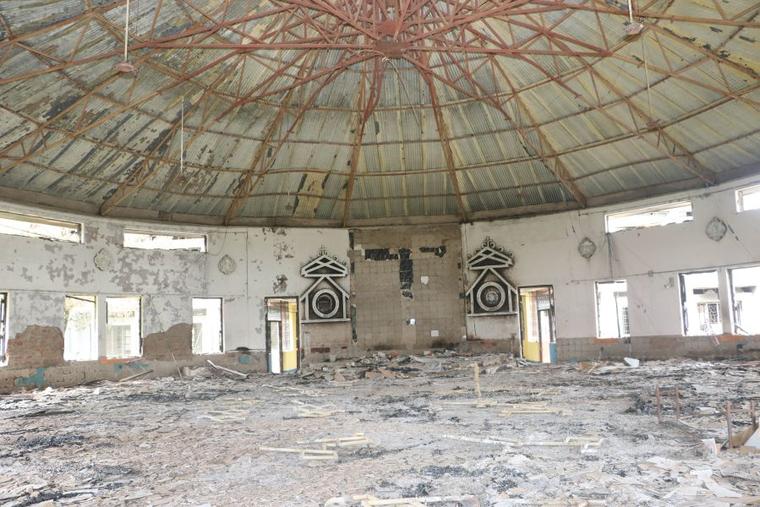
The reversal by the Manipur government on March 28, led by the Hindu nationalist Bharatiya Janata Party (BJP), occurred swiftly within 24 hours of Manipur Gov. Anusuiya Uikey’s decision to cancel the Easter holiday.
After Indian officials initially declared Easter Sunday as a “working day” this year, facing significant backlash from Christians, the governor of Manipur in northeast India, promptly reinstated the annual holiday through an official statement.
The amendment issued by the Manipur government, under the leadership of the BJP, specified that only March 30, 2024 [Saturday], would be designated as a working day for all government offices, in contrast to the previous announcement that both March 30 [Saturday] and March 31 [Sunday] would be working days.
Christians make up nearly half of Manipur’s population of 3.7 million. Archbishop Linus Neli, overseeing the 100,000-strong Catholic Church in the state, confirmed that the Church had raised objections to the initial cancellation of the Easter holiday with government authorities.
Following the Church’s protest, the government swiftly revised its order regarding the Easter working day, as shared by Archbishop Neli with CNA.
Several Christian groups, including those in Manipur, had strongly advocated for the withdrawal of the order that had deeply unsettled Christians nationwide.
The Senapati District Catholic Union of Manipur expressed dismay over the insensitivity and disrespect towards religious sentiments caused by designating these sacred days as regular working days. They emphasized the importance of upholding religious rights and cultural diversity in a democratic society.
In response to the government’s actions, a Christian pastor from Manipur criticized the situation as “the height of insanity,” highlighting the historical attempts by BJP governments to interfere with Christian holy days.
John Dayal, a prominent Catholic columnist and activist, pointed out the consistent efforts by BJP governments to undermine the rights of Christianity and Islam in India, citing past instances of similar controversies.
The recent developments in Manipur coincide with ongoing violent clashes between the Meiteis (mostly Hindus) and Kukis (predominantly Christians), resulting in a significant number of casualties and displacement. The escalation of violence has also led to the destruction of numerous churches, predominantly affecting the Kuki community.
Amidst these challenges, there was a positive development for the Christian community as Carmelite Sister Mercy, previously arrested on charges related to a student’s suicide, was granted bail on March 28 by the trial court in Chattisgarh state.
The incident involving Sister Mercy at Carmel School in Ambikapur had sparked controversy, with Hindu nationalist groups staging protests and the subsequent arrest of the nun. The situation escalated, leading to heightened tensions and a significant show of force by authorities to maintain order.
